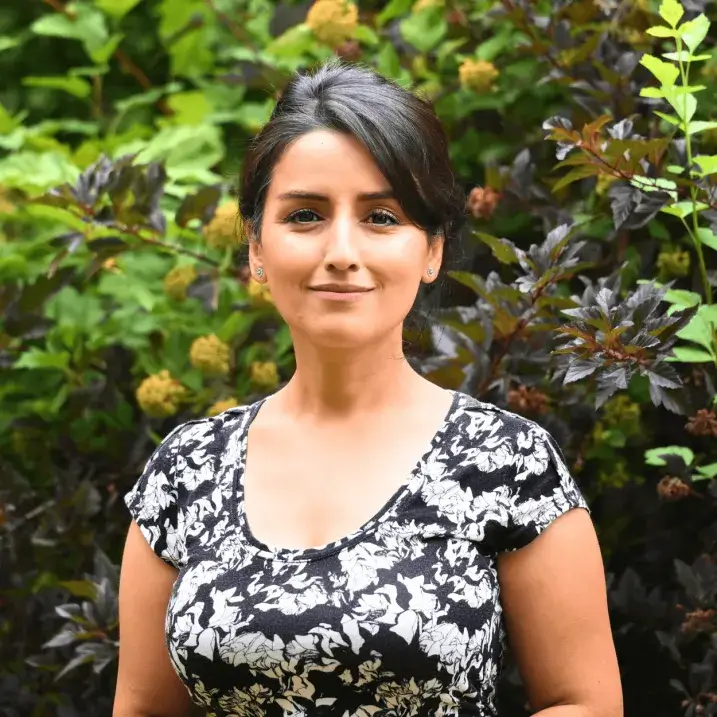63 Carrigan Drive
248 Jeffords Hall
Burlington, VT 05405
United States
- Ph.D., Plant and Soil Science, University of Vermont, Burlington, VT
Agriculture, Landscape, and Environment
radio/podcast
radio/podcast
print/web
print/web
JOURNALISTS: Need help scheduling an interview? Contact UVM media relations or search for a UVM expert.
Areas of expertise
Soil ecology, integrated pest management (IPM), biological control using fungi and RNAi, earthworm ecology, genomics and bioinformatics, microbiome and host–microbe interactions, sustainable agriculture and ecological management.
BIO
The focus of my lab group is on two interconnected themes: developing biological control strategies against insect pests using entomopathogenic fungi and studying soil ecology. We are particularly interested in how soil processes shape insect–fungus interactions and how non-native earthworms act as soil engineers by altering nutrient cycling, microbial communities, and plant growth.
To explore these interactions, we integrate laboratory bioassays, greenhouse and field experiments, genetics, and microbiome analyses to understand how soil processes and microbial differences influence pest susceptibility to entomopathogenic fungi. We also collaborate with farmers, researchers, and community partners to co-create knowledge and translate our research into practical, on-farm solutions.
Courses
ALE 5990 Biologically Based IPM
Publications
Bio
The focus of my lab group is on two interconnected themes: developing biological control strategies against insect pests using entomopathogenic fungi and studying soil ecology. We are particularly interested in how soil processes shape insect–fungus interactions and how non-native earthworms act as soil engineers by altering nutrient cycling, microbial communities, and plant growth.
To explore these interactions, we integrate laboratory bioassays, greenhouse and field experiments, genetics, and microbiome analyses to understand how soil processes and microbial differences influence pest susceptibility to entomopathogenic fungi. We also collaborate with farmers, researchers, and community partners to co-create knowledge and translate our research into practical, on-farm solutions.
Courses
ALE 5990 Biologically Based IPM
